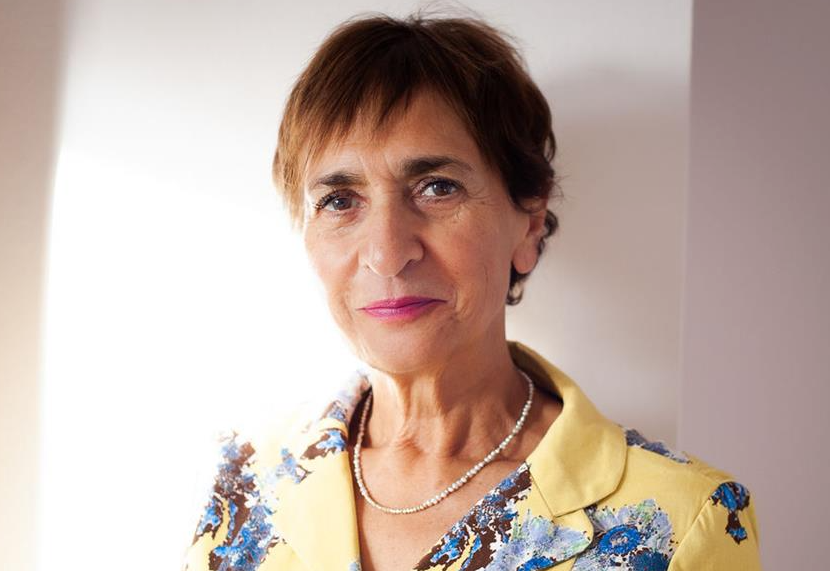Green charities are being urged to take ‘rapid action’ to improve diversity in their organisation, as latest figures show people of the global majority continue to be poorly represented among their staff.
The proportion of environmental charities who are employing people from the global majority has fallen slightly over the last year, the figures show.
Just 6% of green charity employees identify as people of the global majority compared to 7% the previous year.
The RACE Report campaign, which has published the figures, points out that green charity representation of global majority people continues to be less than half the proportion for the wider UK workforce, which is currently at 15%.
It warns that given the low representation of global majority staff “rapid action is therefore needed to ensure the sector addresses this lack of representation and reflects the diversity of the modern British workforce”.
Its research found that global majority workers were less likely than their white colleagues to believe their charity opposes racism through its policies.
Only a half of global majority workers believe they have as many opportunities to succeed as their peers, compared to two thirds of white workers.
Global majority staff members are also more likely to report needing to adapt to fit into their organisation’s culture and are less likely to feel they belong in their charity than their white peers.
Transparency
The lack of improvement in global majority representation is revealed despite an increasing number of green charities taking action to tackle the sector’s traditionally poor diversity record.
The campaign launched two years ago after it emerged that the environmental sector was the least diverse profession campaigners look at.
It is calling on charities to be more transparent about the racial diversity of its staff to encourage action.
It’s 2022 report saw 91 organisations, representing 7,900 employees submit racial diversity data of their workforce.
For its latest report, based on data collected last year, 142 organisations, representing 12,900 employees, have now submitted data.
Of these more than one in ten had published or were in the process of publishing data on race equity pay gaps. This is more than double the one in 20 that had done this in 2022.
Almost two thirds had reported the appointment of a senior leader with official responsibility for equality, diversity, and inclusion (EDI) compared to just over two in five in 2022.
Almost nine in ten had either partially of fully implemented a regular EDI review, up on 2022’s figures.
“The more data we have at our disposal, the better equipped we are to shape best practice and ensure we are amplifying underrepresented voices in the fight for social and environmental justice,” said Manu Maunganidze, from RACE Report.
“Each organisation who has come forward to contribute to this report has done a brilliant thing in voluntarily submitting their data. We now need to make sure that this engagement translates into more meaningful progress.
“That means reflecting on what the data tells us, but also really listening to the lived experiences of the individuals who power our sector.
“It’s only through having these difficult conversations, learning from each other, and implementing inclusive practices that we’ll ensure next year’s report tells a story of both an appetite for change and tangible improvement.”
The RACE Report also points out that while the number of charities reporting race diversity figures has grown it is still a small proportion of green charities. It found that there are more than 8,000 environmental charities and more than 2,000 nature charities listed on the charities register.
“Going forward, The RACE Report seeks to increase the number of environmental organisations participating in this initiative even further to improve best practice on racial equity and unite the sector towards a shared goal of building an inclusive workforce,” it added.
Latest News
-
X-odus sparks video content boom among charities, report finds
-
Charity handed £25m endowment from autistic philanthropist to help others on the spectrum
-
Civil Society Covenant blighted by delays and U-turns, report warns
-
More than 30 jobs at risk as hospice charity looks to close home care service
-
Cranfield Trust: A guide for charity leaders on navigating local authority devolution
-
Friday funding roundup - 20 February
Charity Times video Q&A: In conversation with Hilda Hayo, CEO of Dementia UK
Charity Times editor, Lauren Weymouth, is joined by Dementia UK CEO, Hilda Hayo to discuss why the charity receives such high workplace satisfaction results, what a positive working culture looks like and the importance of lived experience among staff. The pair talk about challenges facing the charity, the impact felt by the pandemic and how it's striving to overcome obstacles and continue to be a highly impactful organisation for anybody affected by dementia.
Charity Times Awards 2023
Mitigating risk and reducing claims

The cost-of-living crisis is impacting charities in a number of ways, including the risks they take. Endsleigh Insurance’s* senior risk management consultant Scott Crichton joins Charity Times to discuss the ramifications of prioritising certain types of risk over others, the financial implications risk can have if not managed properly, and tips for charities to help manage those risks.
* Coming soon… Howden, the new name for Endsleigh.
* Coming soon… Howden, the new name for Endsleigh.
Better Society

© 2021 Perspective Publishing Privacy & Cookies














Recent Stories